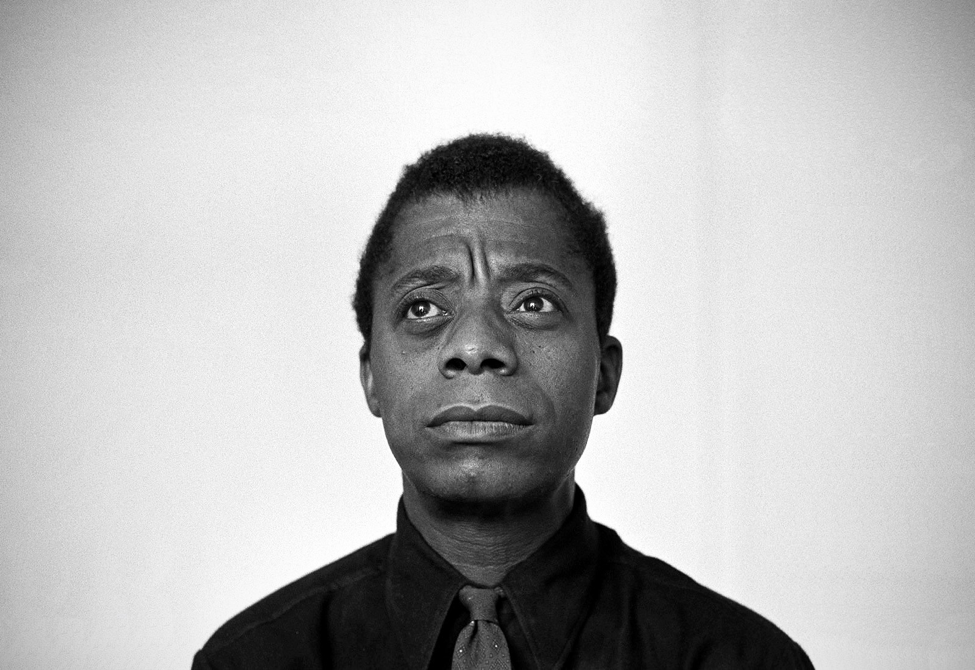Culture
ON MY MIND | I Am Not Your American: Reviving James Baldwin’s Opposition to U.S. Empire
|
The figure of James Baldwin has been buoyed in recent years by a revival across the liberal wings of the United States’ political, cultural, and intellectual establishment. Most notably, during remarks given at the dedication ceremony of the National Museum of African American History and Culture in 2016, former President Barack Obama quoted from Baldwin’s short story “Sonny’s Blues.” That same year, Raoul Peck’s Oscar-nominated film I Am Not Your Negro enjoyed widespread critical acclaim over its solemn presentation of the Civil Rights-era writer’s saliency to the present-day (A. O. Scott of the New York Times dazzles readers with the headline “Review: ‘I Am Not Your Negro’ Will Make You Rethink Race”; Simran Hans in The Guardian remarks that “Baldwin’s words feel as urgent and articulate as ever”). In 2015, the Library of America published a volume of Baldwin’s later novels, which had “yet to receive the consideration given his earlier fiction.” This effort was mirrored in the academic sphere with the founding of an annual journal called the James Baldwin Review, dedicated uniquely to studies of Baldwin’s works of fiction, poetry, and non-fiction. The trend continues into 2018: Barry Jenkins, of Moonlight fame, has directed a highly anticipated film adaptation of Baldwin’s novel If Beale Street Could Talk that is set to release in theaters on November 30. Little Man, Little Man, a children’s book written by Baldwin in 1976 (his only venture into the genre), is currently back in circulation with a new edition being published by Duke University Press — at a time when, according to the New York Times, “children’s book authors and publishers are more frequently placing black and brown children at the center of narratives about everyday life.” In August, on what would have been the writer’s 94th birthday, social media feeds on Twitter, Facebook, and Instagram were awash with Baldwin quotes and commemorative posts by ordinary and verified users alike — from the rapper/actor Common to New York City Mayor Bill de Blasio.
